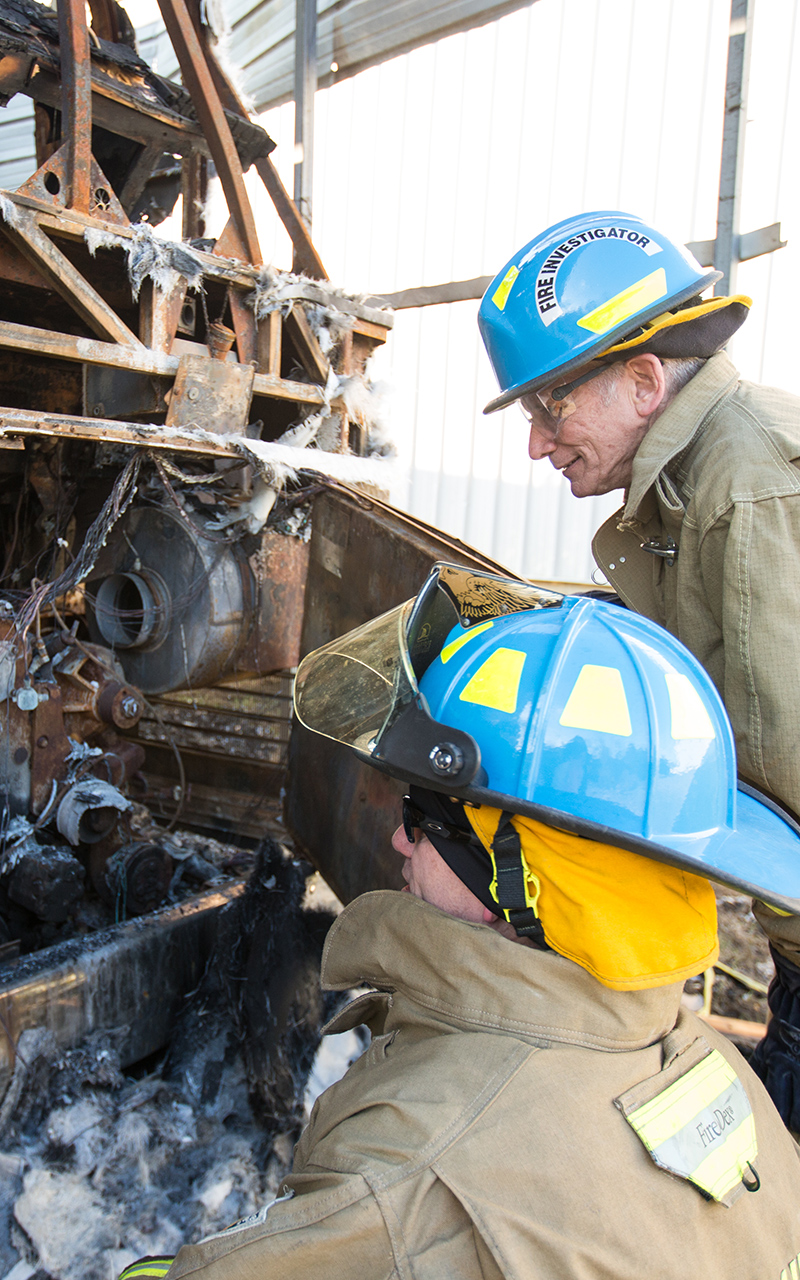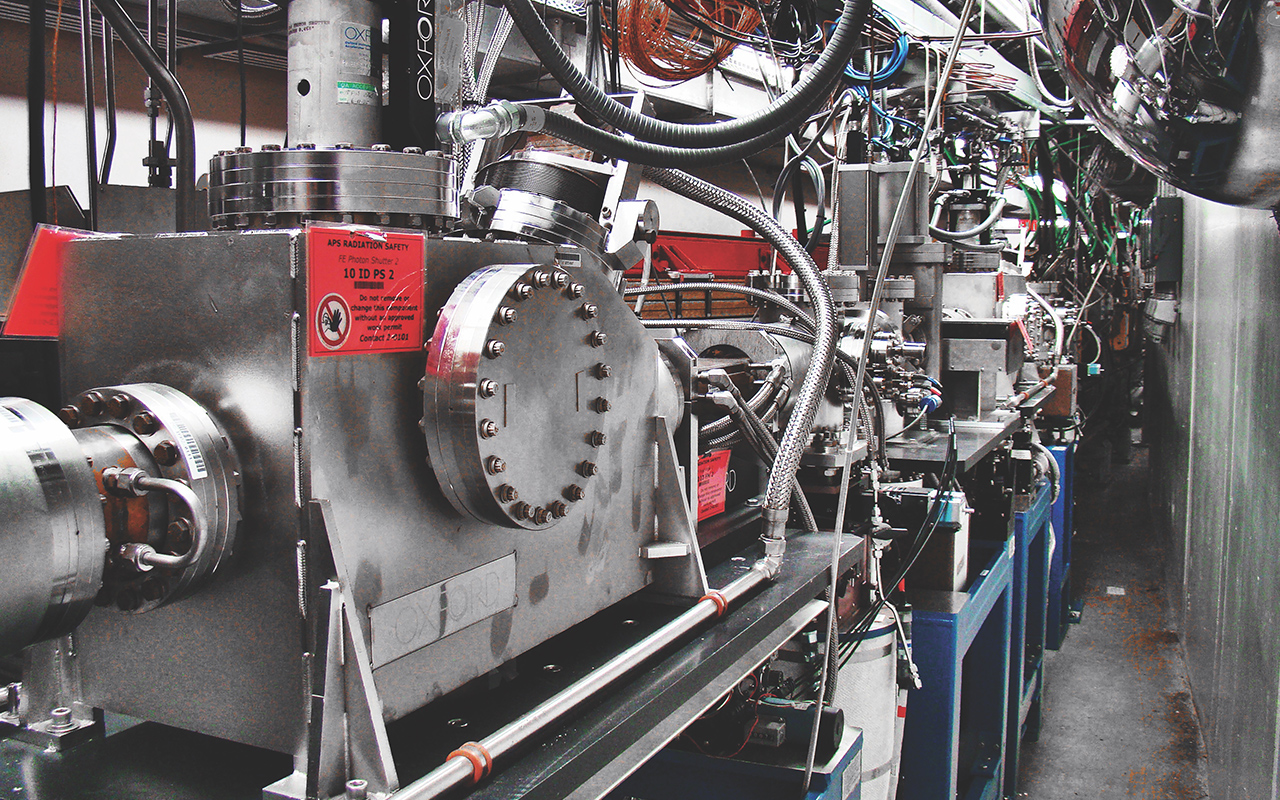Online Graduate Certificate in Fire Protection Engineering (FPE)
Fire Protection Engineering
Program Overview
Did you know there are only a few Fire Protection Engineering (FPE) programs worldwide? The University of Tennessee, Knoxville, is proud to offer an online Graduate Certificate in Fire Protection Engineering for students with a bachelor’s degree in engineering. This College of Engineering graduate certificate program is entirely online and flexible, with coursework offered during Fall, Spring, and Summer terms. If you are passionate about helping to serve and protect your community, explore earning a 12-credit-hour Fire Protection Engineering Graduate Certificate online.
Make a Difference with a Graduate Certificate in Fire Protection Engineering
Fire Protection Engineering (FPE) protects people, property, and the environment from the destructive and harmful effects of fire and smoke using the fundamental principles of advanced science and engineering. It is a growing and challenging field with opportunities for employment and advancement. The University of Tennessee is one of the few schools in the world offering FPE courses!
The 12-credit hour certificate is earned by completing the core introductory 3-hour course followed by three technical concentration courses. These classes are delivered both on-campus and through distance education formats. This is an interdisciplinary field impacting interest in various majors in Tickle College of Engineering. Students also have the option to continue graduate studies with an FPE concentration for an MS or a PhD in Electrical Engineering.
Request Information
Featured Courses
The 12-credit-hour Certificate in Fire Protection Engineering is earned by completing the core fundamental 3-hour course EF 563 and three three-hour technical concentration courses.
The application of fire protection engineering principles to the safe design, wiring, and construction of buildings and infrastructure. Topics include safety and performance-based design, fire dynamics, fire hazard and risk analysis, national electrical codes, public fire service operations, detection and alarm systems, and transportation fire safety.
The application of fire protection engineering principles to enclosure fire dynamics. Topics include estimating a fire’s energy release rates, characteristics of fire plumes, pressure and flows through openings, fire gas temperatures, smoke filling rates and species production, and fire modeling.
The application of forensic engineering tools to the comprehensive investigation and analysis of materials, products, structures, or components that fail or do not operate or function as intended, causing personal injury or damage to property. Tools used include root cause analysis, timelines, fault trees, and failure mode and effects analysis. This is the third prerequisite course for students pursuing the Fire Protection Engineering Graduate Certificate.
High-performance computer modeling is applied to assess and visualize the impact of smoke and heat transfer to buildings, electronic equipment, and human survivability. In-depth fire hazard analysis case studies. Advanced topics include software performance analysis and parallel processing.



